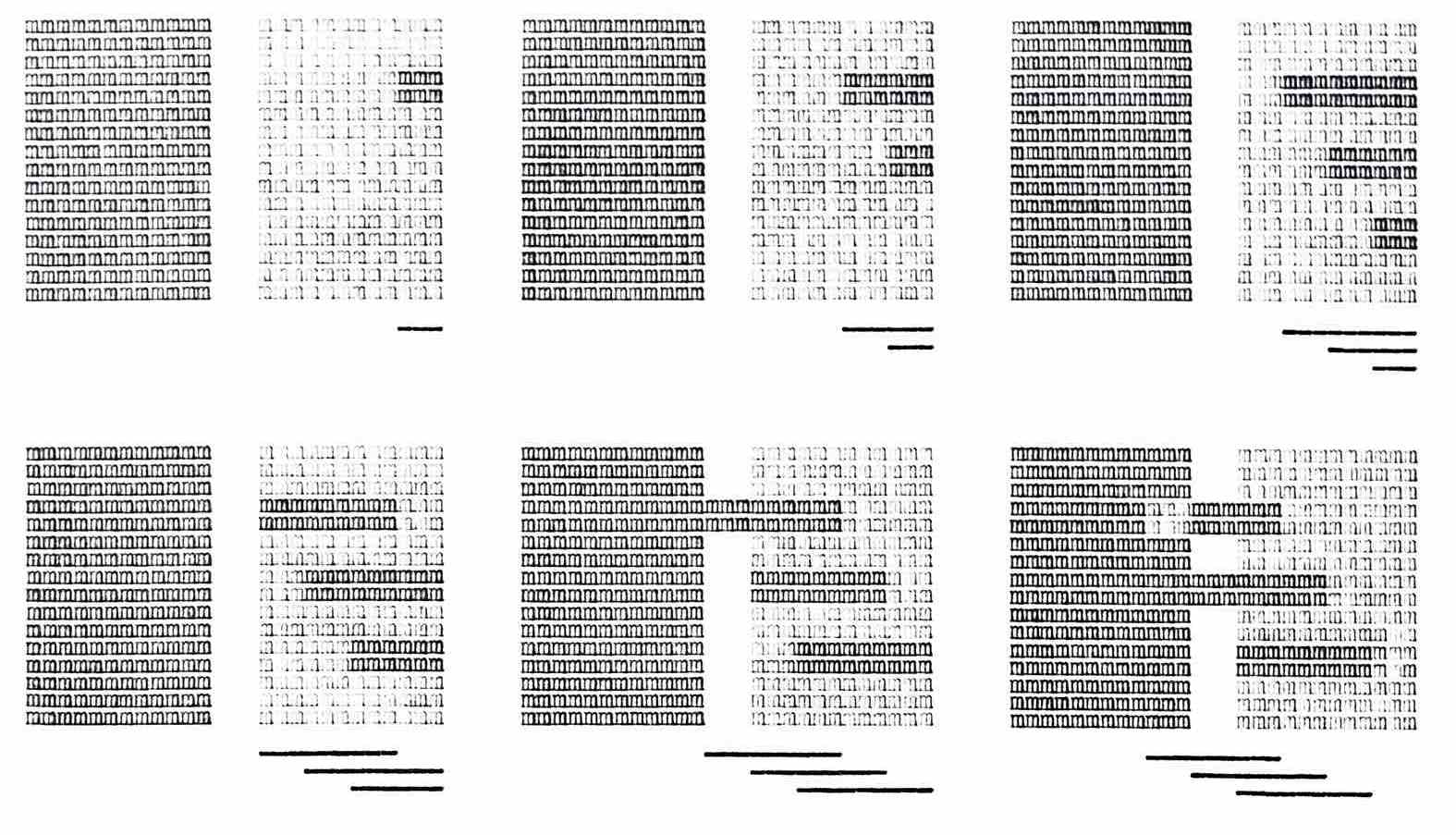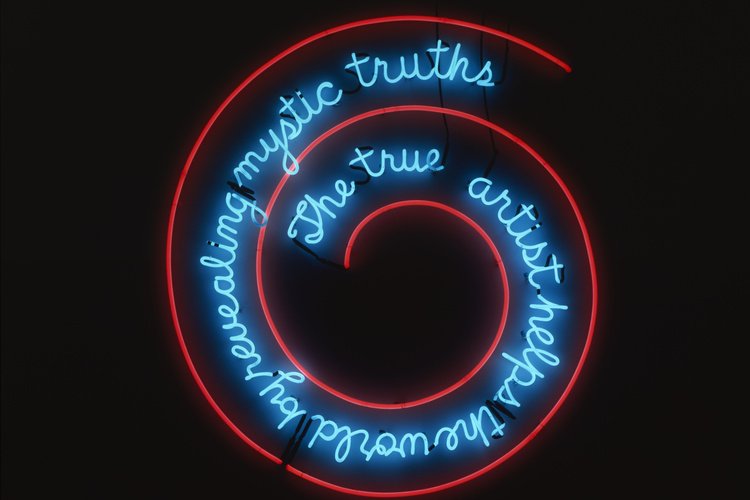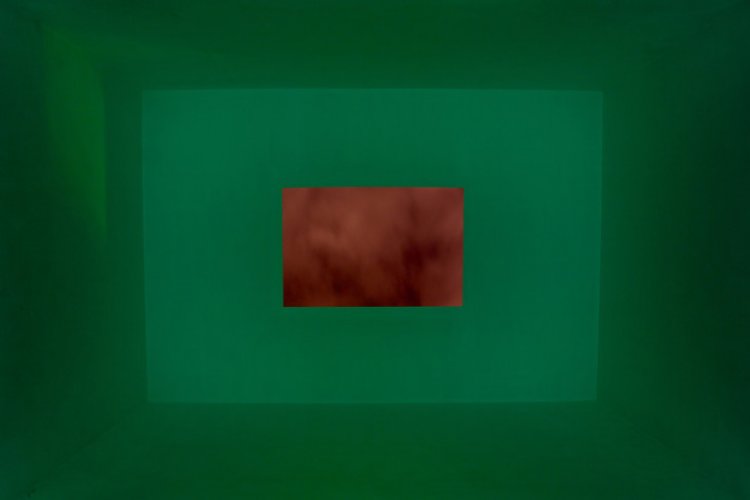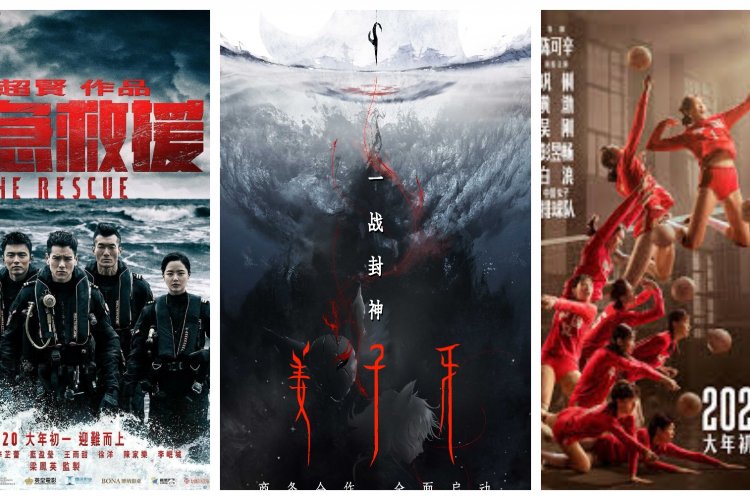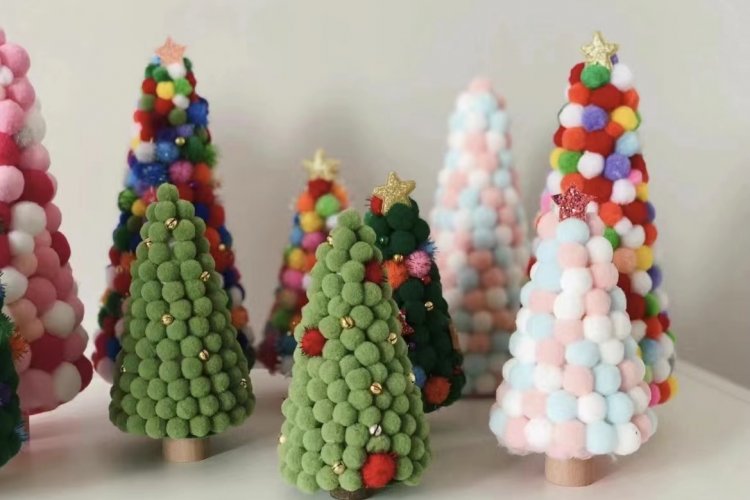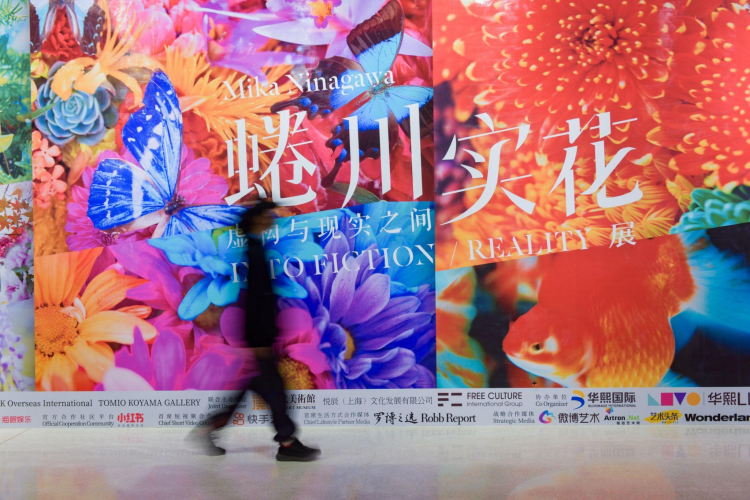Art Reverts to Type at Aotu Studio With Chris Warren's 'RSI'
Contemporary artists use many unusual materials to produce their work, from pickled sharks to elephant dung. Now a Beijing-based artist has produced an entire exhibition using only a typewriter.
RSI, by British artist and writer Chris Warren, opens at Aotu Studio on 17 February at 6.30pm, then runs for a month. We talked to Warren about the ideas behind the exhibition.
You’re well known on the Beijing literary scene as organizer of the Spittoon Fiction night. Tell us about your work as an artist.
Well I'm an artist first and foremost I guess, and have always produced visual art in some form or another. I do however consider my writing and my art inseparable, as one definitely informs the other. Like my writing my art deals largely in word games with more of a focus on typographical experiments. I had an exhibition at Más last year, Pareidolia, that played with the psychological phenomenon of seeing patterns where none actually exist and the new collection, RSI, is a foray into testing the creative limits of the manual typewriter.

Do you still use a typewriter for your day to day writing?
Nowadays, rarely. However, I did once sell my laptop and live for two years with a sizable reference library as my Internet, writing exclusively on a typewriter. It definitely changes the way you write, keeps you more focused and – because of the nature of the machine – feels a lot more like the actual production of something tangible than the simple laying down of pixels into nothingness. I have things that definitely wouldn't have been written were it not for using the typewriter. I still go back when I need discipline.
Do you think using a typewriter actually changes the nature of what you write?
My suspicion is that the ditching of the typewriter must have had a profound effect on the way writers produce and envisage their work. As I've said, writing on a typewriter often feels like manual labor and because of this gives a different color to the work produced. Also, the typewriter won't cut, nor paste, nor allow easy deletion if you don't like what you've written, so all the crafting of the sentence and projected narrative is done in the head rather than on the page, which is a very particular and different way of writing. I'd recommend all writers have a stint of writing on a typewriter to see where the machine takes them. It can yield surprising writing.
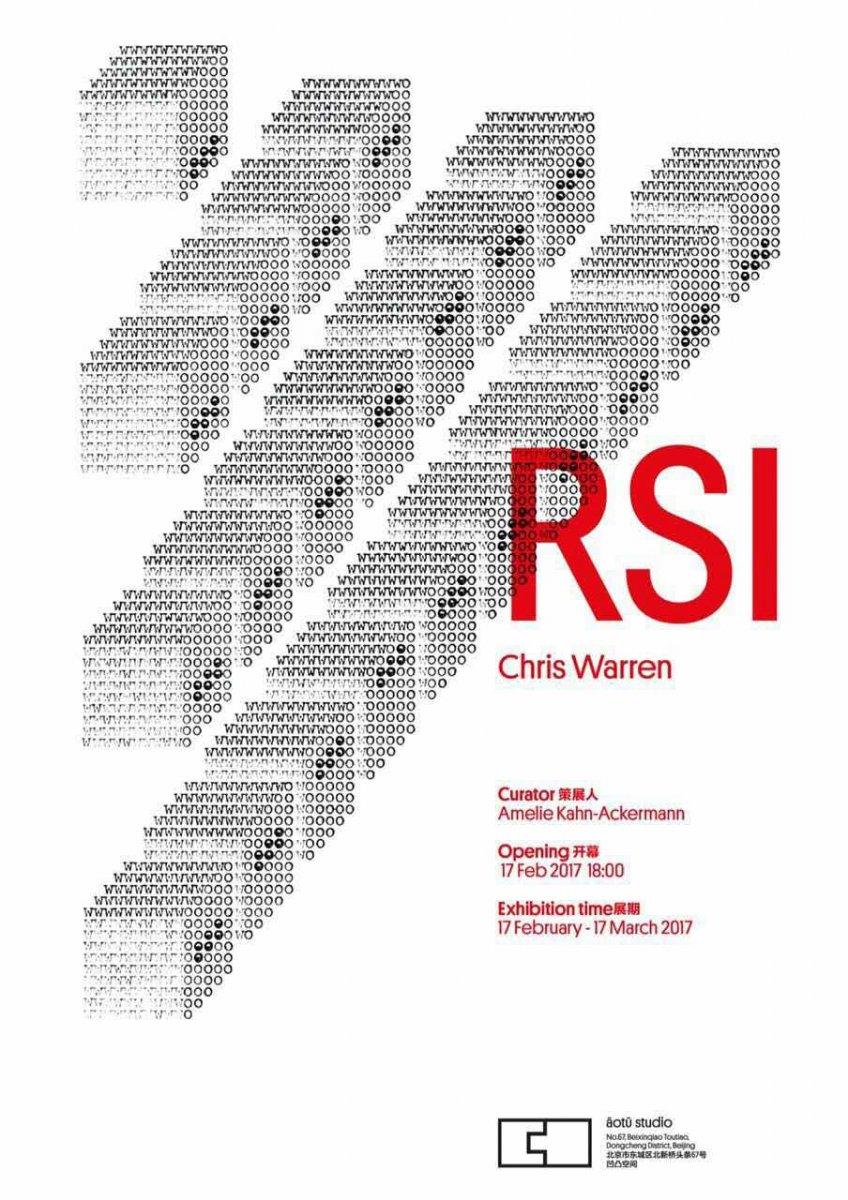
Did you use a specific machine to create the pieces in this collection? Do typewriters have individual characters?
This exhibition was all done using an Olivetti Roma and a single ribbon. It's a beautiful machine. Typewriters definitely have their own idiosyncratic foibles, and become more characterful with use; the font becoming less distinct, the machine making noises it didn't when younger and better oiled; in many respects not that dissimilar from us humans. I've described this exhibition as a quiet thank you to the machine on which it was produced and I mean it. It's felt like a collaboration.
Recursion is obviously a major theme in your writing, and now in this exhibition too. Why is it important to you?
Whilst I have always been interested in conceptually recursive literature I have definitely found myself writing more of it whilst working so obsessively on a machine as naturally recursive as the typewriter. With both my writing and my artwork I like to try to test the limits of a particular concept as far as it's possible to take it whilst remaining economical, and adopting a recursive approach seems the most natural way to achieve this. It also lends a feeling of completion somehow and as someone who is a bit of a perfectionist that dislikes dangling threads, the recursive approach suits me perfectly.
You can read more about Chris Warren's RSI, running February 17 to March 17, via the event description or browse current art exhibitions across the city here.
Read more by this author here.
Images courtesy of Chris Warren, Aotu Studio

